Before theatre was thought of as a commercial machine, before the great theatrical amphitheaters of Greece, there were the storytelling traditions of Africa that demonstrated the direct connection between art and spirituality. These traditions also demonstrated the ways in which artists, being holders of the spiritual heart of the community, were often taken care of and revered.
In the roots of theatre is the groundwork of what can help us discern a possible future, because art is not simply about speaking to where we were or are, but prophesying where we wish to be.
The Struggling
Before I can imagine the future of theatre I must acknowledge the great work still in need of doing, particularly given theatre institutions’ relationships to those most impacted by structural oppression. We must be willing to dispel the notion that the politics of theatre institutions are insular and not in fact a microcosm of the systems of oppression that plague many of its Black, Indigenous, and Brown artists outside of them.
Racism, transphobia, xenophobia, fatphobia, classism, ableism, homophobia, and other systematic oppressions are baked into the foundation of the United States. A country born from genocide, theft, murder, and slavery. These oppressions often find themselves within theatrical institutions masquerading as white-savior plays, cis-centered casting processes, anti-racist training with no hope of accountability, trauma porn, predominantly white creative teams and casts, white cis male playwrights being produced more than other playwrights, dangerous rehearsal practices, microaggressions, macroaggressions, work that centers the white cis gaze, the erasure of Black, Indigenous, and Brown artists’ contributions and experiences and much more.
During 2020 we witnessed some regional theatres attempt to answer the call to struggle against these oppressive systems and examine their role in the violence impacting Black, Indigenous, and Brown communities. Some hid behind the illusion of helplessness, while others released statements in support for movements like the one for Black lives but continued to hold fast to a rigid hierarchical nature within their institution—simply a mirror for the white supremacist hierarchal system outside of it. Broadway, as an institution, seemed nowhere to be found in these conversations. However, like regional theatres before it, Broadway is now facing its own reckoning (shout out to the recent March on Broadway).
Meanwhile outside of theatrical institutes there are currently at least eleven states attempting to pass anti-trans legislation and countless other states attempting to suppress the votes of Black, Indigenous, Brown, and economically oppressed communities, and between the war on truth and daily updates of children being bombed I think, What right do I have to pontificate about a new world?
And then I am reminded of my own words that theatre is not the institution, but is in fact the artists themselves. And artists are people. And people deserve the right to not only demand a better world but dream of one too.
And then I am reminded of my own words that theatre is not the institution, but is in fact the artists themselves.
The Hoping
I am a Black trans woman, which connects me directly to Black trans spirit workers who have come before—those of song, and dance, and drum, and dreaming. Those who demonstrated what it meant to imagine oneself into being. Those whose dreams were filled with me. Perhaps, as I desperately try to imagine what a theatre of care and community would be like, I can also imagine a world in which prioritizing care is possible too.
Black trans people have been utilizing the power of imagining longer than the existence of theatrical institutions. Within that power to imagine we find the power to conjure what an equitable theatre structure could be.
First, let me ask: What does a less oppressive theatre system feel like?
I am reminded of what Nina Simone once said in response to an interviewer asking her what freedom is: “No fear.” I feel that now, in my own imagining of our tomorrow. Then an absence of fear gives way to another feeling: unbridled joy. And as I think on that joy, I ask myself, Why? Why do I feel joy in this moment? And I reply, It’s because I feel affirmed, I feel cared for, I feel loved. Then I ask myself: What does feeling these things give me space to do? And I reply: Create art fearlessly. And it is good. And theatre is good. And we are good.

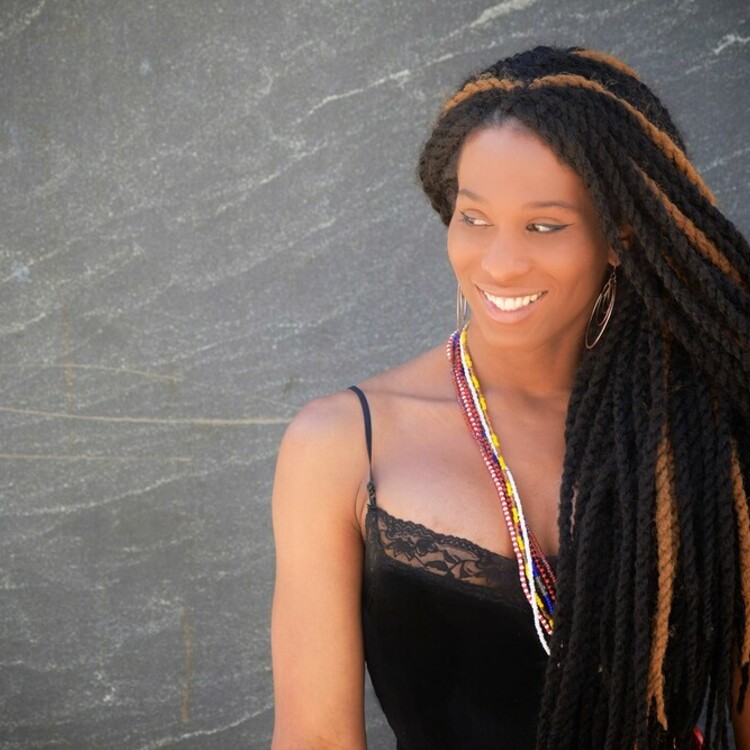
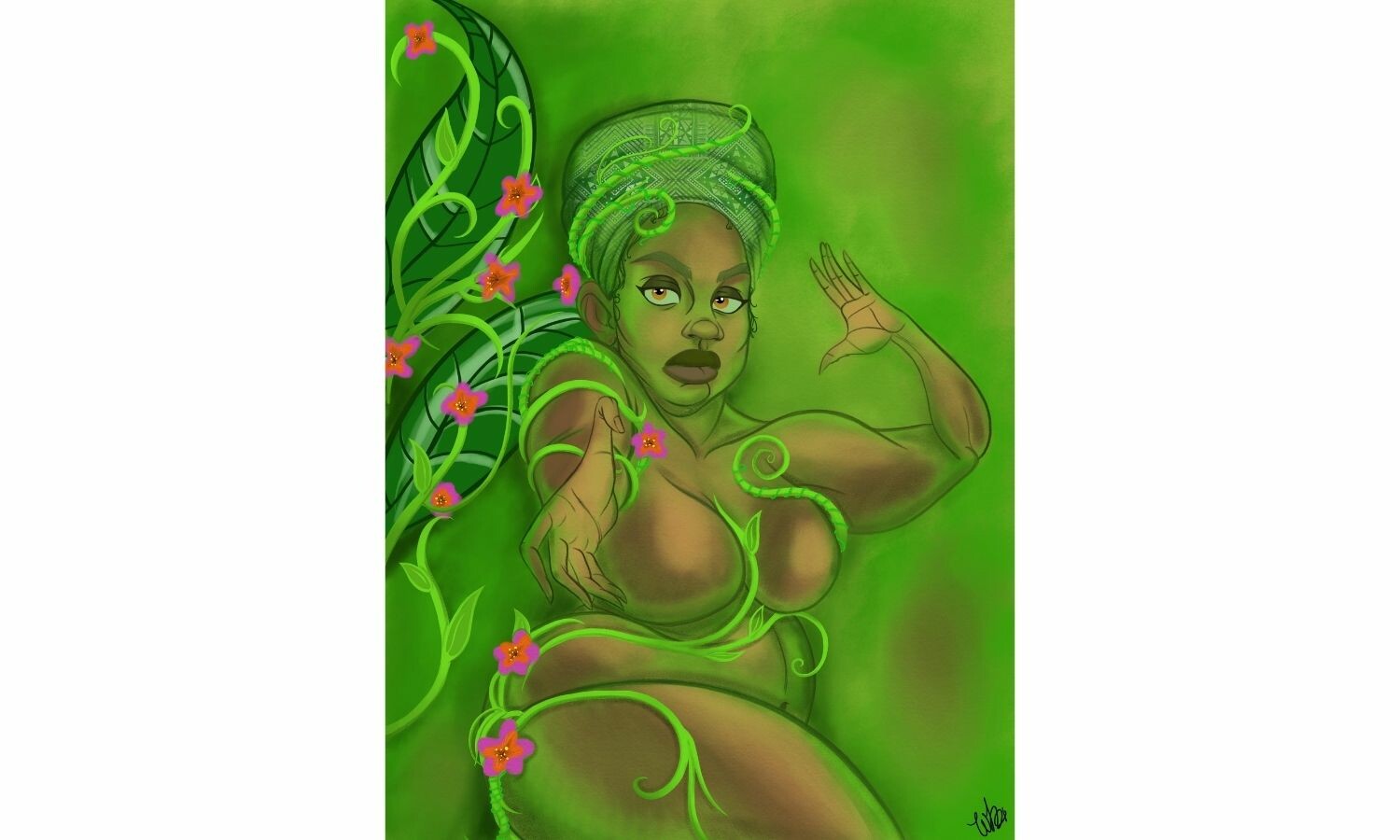

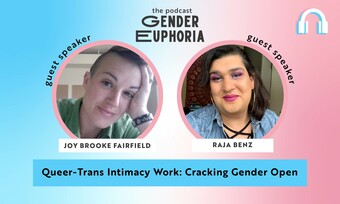



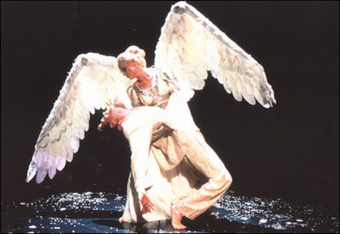

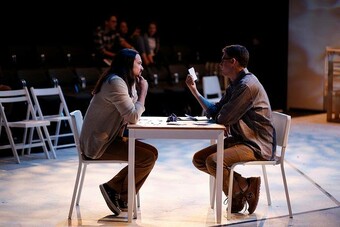

Comments
The article is just the start of the conversation—we want to know what you think about this subject, too! HowlRound is a space for knowledge-sharing, and we welcome spirited, thoughtful, and on-topic dialogue. Find our full comments policy here